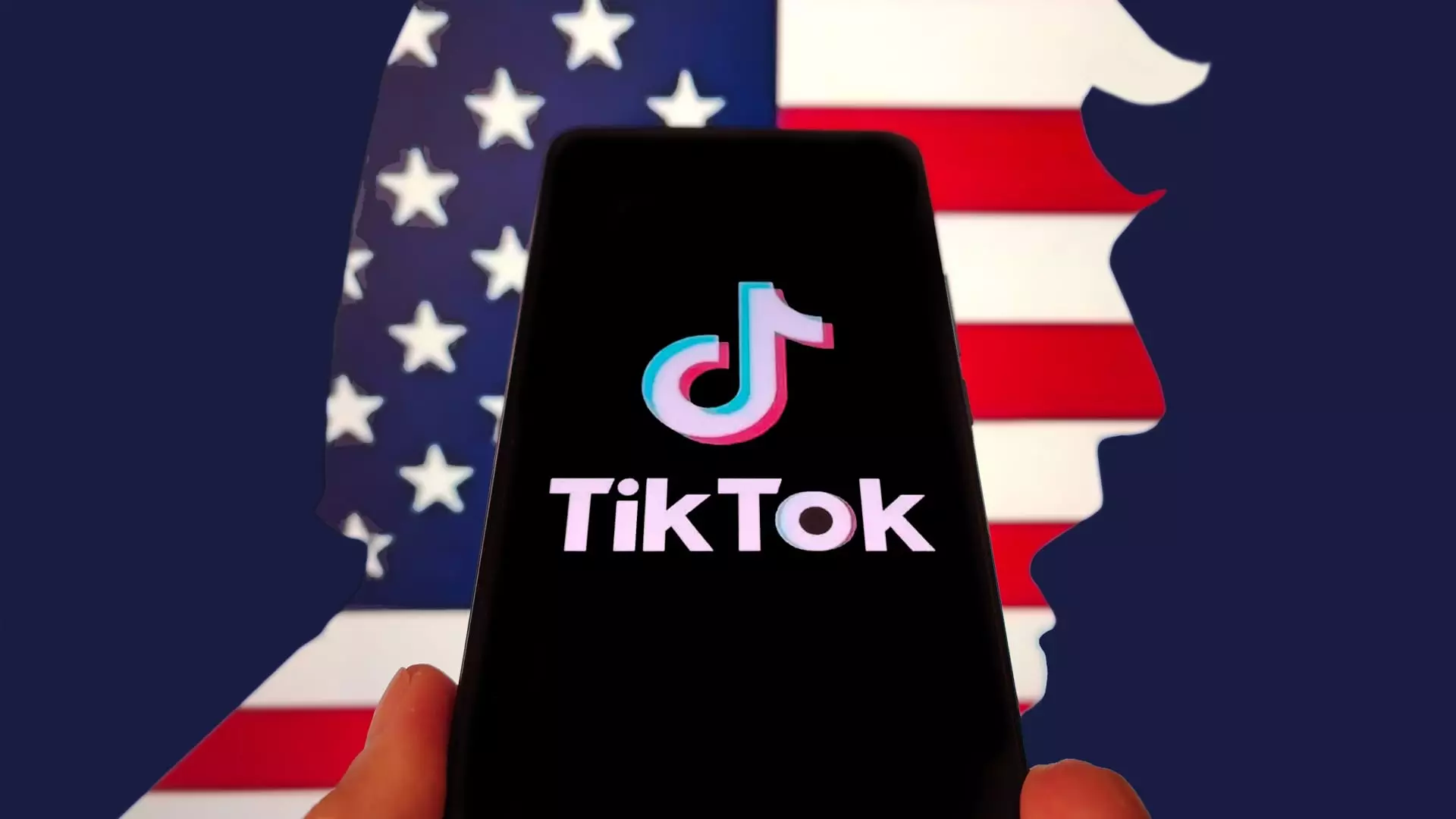In recent developments, Apple’s decision to keep ByteDance-owned TikTok on its App Store has sparked an array of discussions about corporate responsibility and political influence. With Attorney General Pam Bondi’s assurances in hand, Apple seems to be threading a precarious needle—continuing to host a platform that has drawn the ire of national security advocates. The decision to extend TikTok’s presence for at least 75 days underscores a reality where corporate interests and governmental pressures are increasingly intertwined, raising questions about whose hands ultimately wield power over significant digital platforms.
The Executive Order Enigma
President Trump’s executive order, extending the TikTok ban deadline for a second time, raises eyebrows not just for its implications on American tech and digital freedoms but also for its intricate timing. The fact that this comes on the heels of an intensified tariff strategy against China suggests a political climate rife with calculations that may not serve the best interests of American consumers. It begs the question: Is this really about national security, or is it an elaborate chess game played on the global stage? By hinting at possible tariff reductions to expedite the sale of TikTok’s U.S. operations, Trump appears to prioritize a deal over a resolved approach to genuine security concerns.
Corporate Silence and Implications
Apple’s silence amidst such political turbulence is telling. The company’s hesitance to comment on the ongoing saga could indicate a deliberate strategy to avoid entanglement in a highly charged political environment. But a question looms: How long can Apple afford to sidestep vocal opposition from both sides of the aisle regarding its role in this international scenario? By welcoming TikTok back via Bondi’s letter, Apple seems to favor short-term financial gain while exposing itself to the backlash of being perceived as a political tool. The dynamic reflects a broader trend where major corporations, despite their progressive veneers, often prioritize profit over principle when their back is against the wall.
A Calculated Compromise
The reality is that hosting TikTok—a platform under scrutiny for its Chinese ownership—risks Apple’s brand reputation as well as its user trust. The decision made by AG Bondi specifically to give Apple an assurance not to penalize them for continuing to host TikTok reveals an unsettling dependency between businesses and government directives. This compromise tilts toward short-term viability but could set a precedent where tech companies are coerced into a form of political compliance under the guise of national interest. In a world where digital economies are breaking boundaries, at what point does the facade of nationalism overshadow the implications for free enterprise?
Engagement with such platforms should not only be seen through the lens of market opportunity but also through the broader moral implications that come with navigating these geopolitical waters. As the countdown ticks on Apple’s provisional period with TikTok, the stakes are higher than merely maintaining an app in the store; they revolve around the integrity of democratic mandates versus the commercial realities of an inextricably linked global economy.

